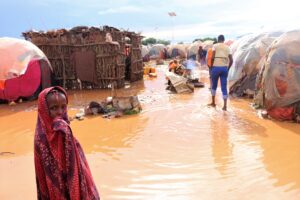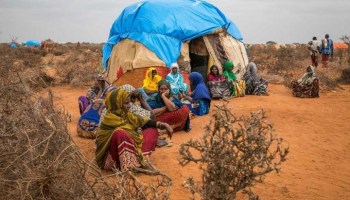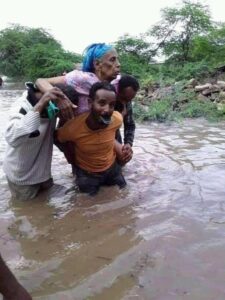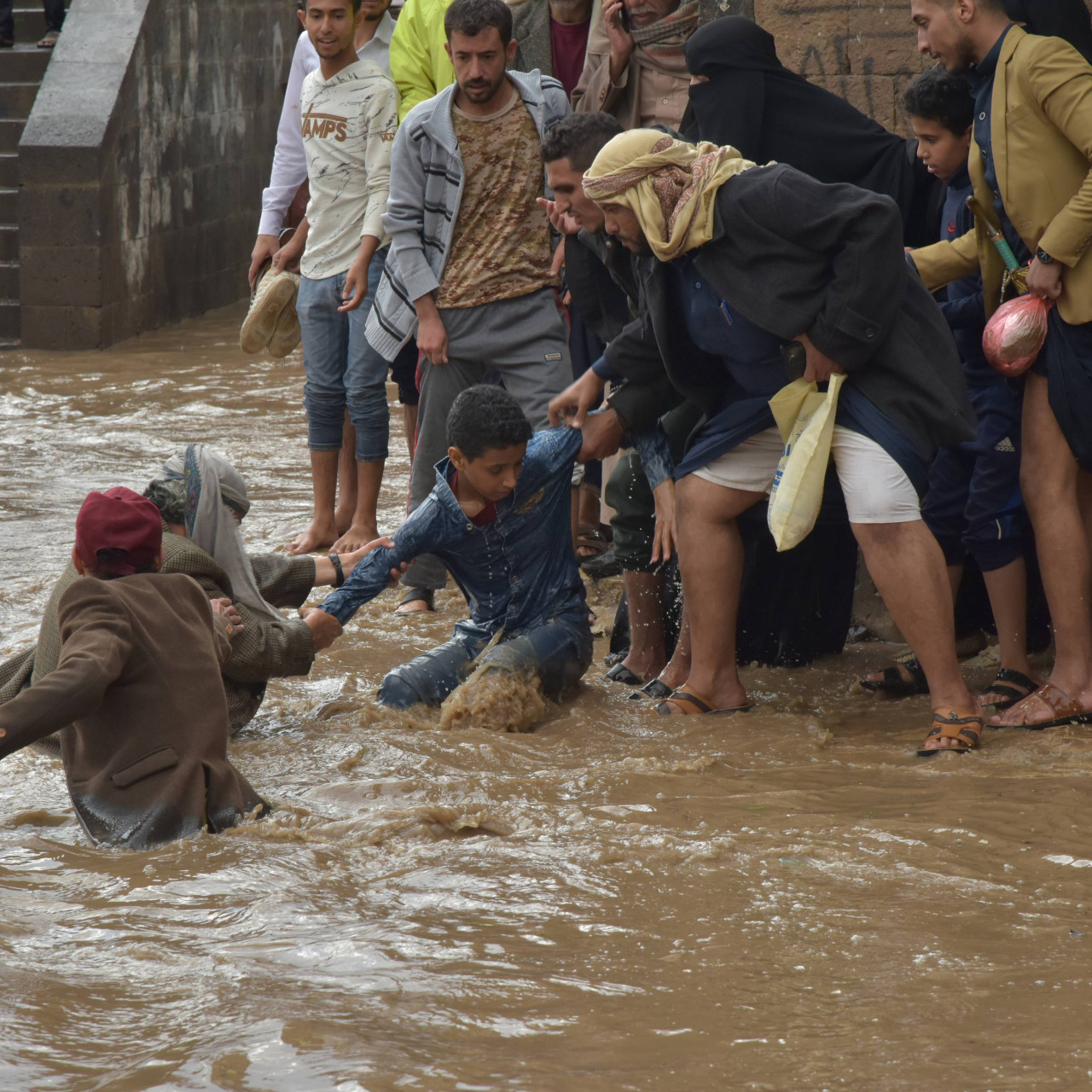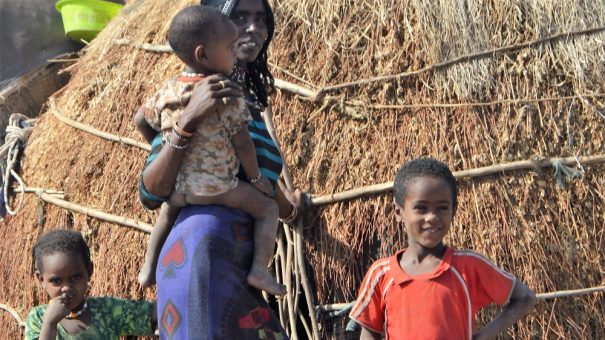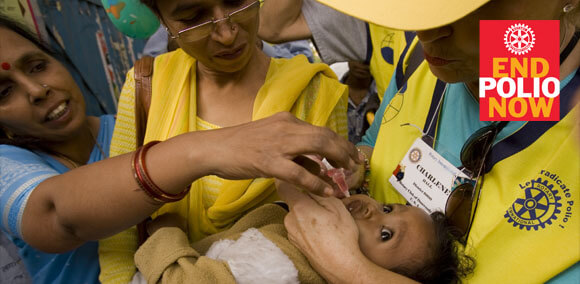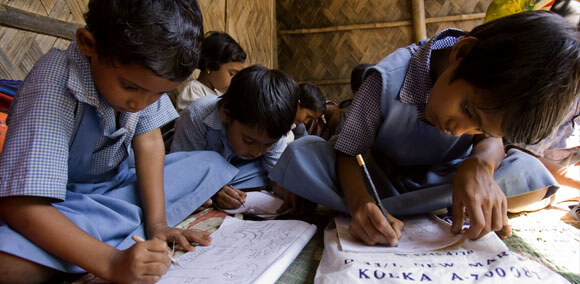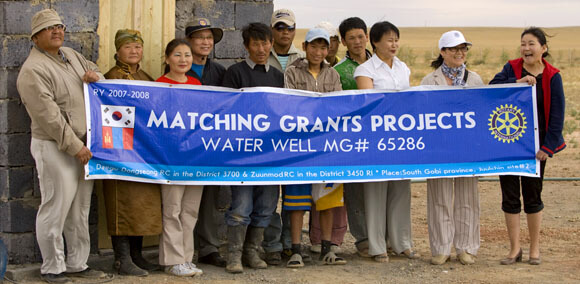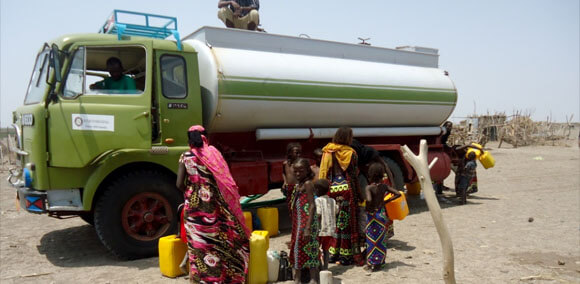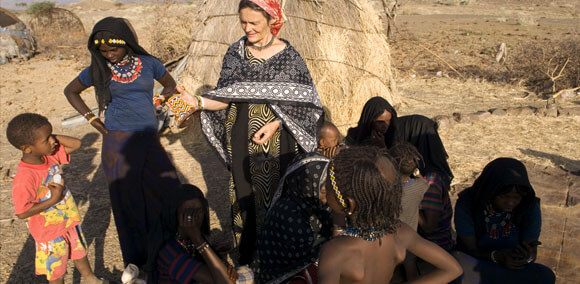More than 240 000 people have been affected and 144 000 displaced as widespread floods hit Afar, Ethiopia, the government stated in a press release on September 21, 2020. More than 80 localities have been hit in what authorities described as the worst flood the region has ever seen.
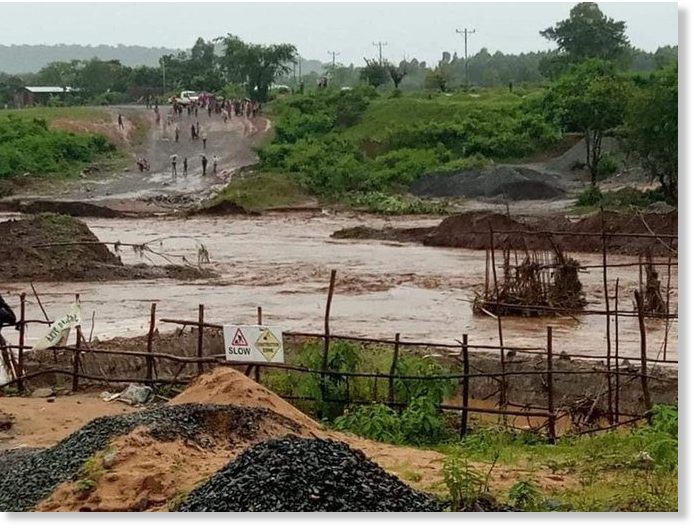
The people displaced by severe flooding that has caused extensive damage in Ethiopia, since late July 2020. This included almost 20 000 residents in Afar that had to relocate in the first week of August due to the overflow of Awash River.
According to the UN Office for the Coordination of Humanitarian Affairs (OCHA), more than 30 000 have been displaced since late July.
Aside from Afar, other regions that have been affected are Gambella, Oromia, and SNNP.
In Afar, the disaster prevention and food security coordinating committee said flooding was severe in the districts of Asayita, Afambo, Dubti, and Mile.
17 450 of the displaced lived in the five localities of Asayita. The government has been providing assistance to more than 1 100 people in two localities of the same district.
The Awash River overflowed last week, displacing more than 140 000 people. No human fatalities were reported, but thousands of cattle have perished.
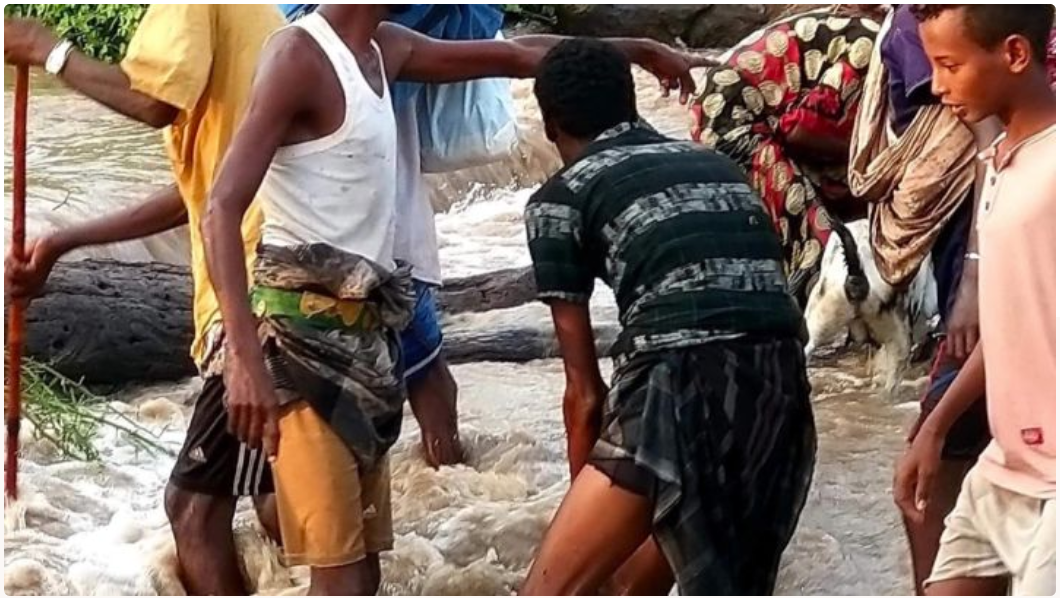
More than 240 000 people have been affected and 144 000 displaced as widespread floods hit Afar, Ethiopia, the government stated in a press release on September 21, 2020. More than 80 localities have been hit in what authorities described as the worst flood the region has ever seen. Floodwaters left up to 41 000 ha (101 300 acres) of crops damaged and at least 21 000 animals perished.
Afar Regional State Disaster Prevention and Food Security Bureau Head, Mohammed Hussein told the Ethiopian News Agency that 240 000 people have been impacted by major floods, and the state needs 350 million birrs or around 9.5 million dollars for relief and rehabilitation.
So far, only 100 million birrs or 2.7 million dollars have been collected.
“Even if the regional and federal governments, as well as different organizations, have been supporting the displaced persons surrounded by water, the assistance provided is still insufficient,” Mohammad noted.
He added that the region has been battered not only by flooding, but also by desert locust invasion and the COVID-19 pandemic, resulting in a lack of medicine, clean water, and shelter.
